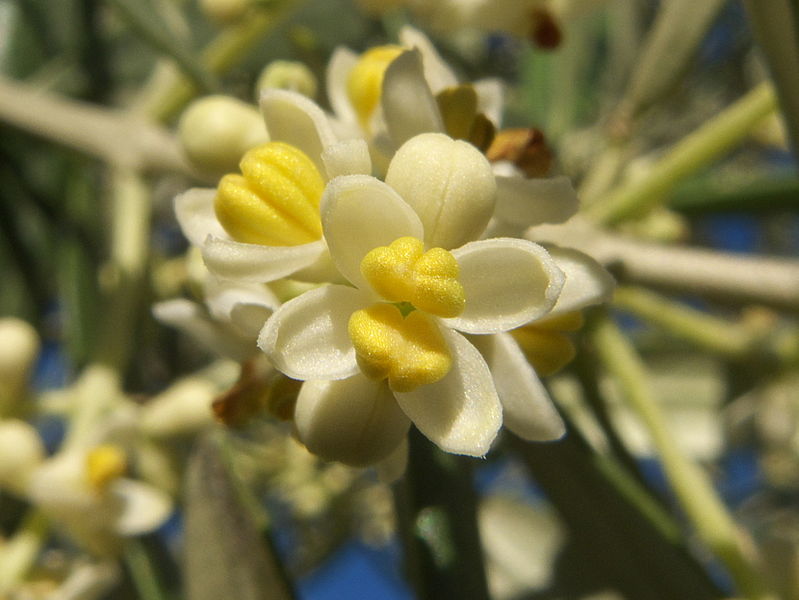
According to a recent article published at NutritionInsight, there is an increasing demand for botanicals not only to prevent or treat COVID-19 but also to relieve conditions associated with the pandemic’s impact.
Even before the pandemic, the sales of herbal products have been increasing worldwide. According to the report of the American Botanical Council (ABC), the US sales of herbal supplements increased by 8.6% in 2019. Elderberry and CBD products were the most successful last year.
During the pandemic period, plants acting on the immune system have gained more significant traction since the current situation has accelerated Echinacea preparations for their historical use in common cold support. The use of Echinacea and elderberry are triggered by their documented antiviral effects, although these results do not support their efficacy in COVID-19. Olive leaf extract also gains popularity based on its traditional use.
Besides plants used with the intention to prevent COVID-19, other important areas of plant use are related to the effects of social distancing and staying more often indoors (changes in mood, sleep disturbances, increased screen time). The use of plants that may relieve anxiety, depression, or sleep disorder is increasing. One of these is saffron, which has been confirmed to relieve anxiety and depression in clinical trials. Moreover, this plant is marketed also as active ingredient of products for eye health, which is a key issue for those who have to spend more time in front of their computers than before.
Review author: Dezsö Csupor. Department of Pharmacognosy, Faculty of Pharmacy, University of Szeged (Hungary). President of the Medicinal Plant Section of the Hungarian Society of Pharmaceutical Sciences.